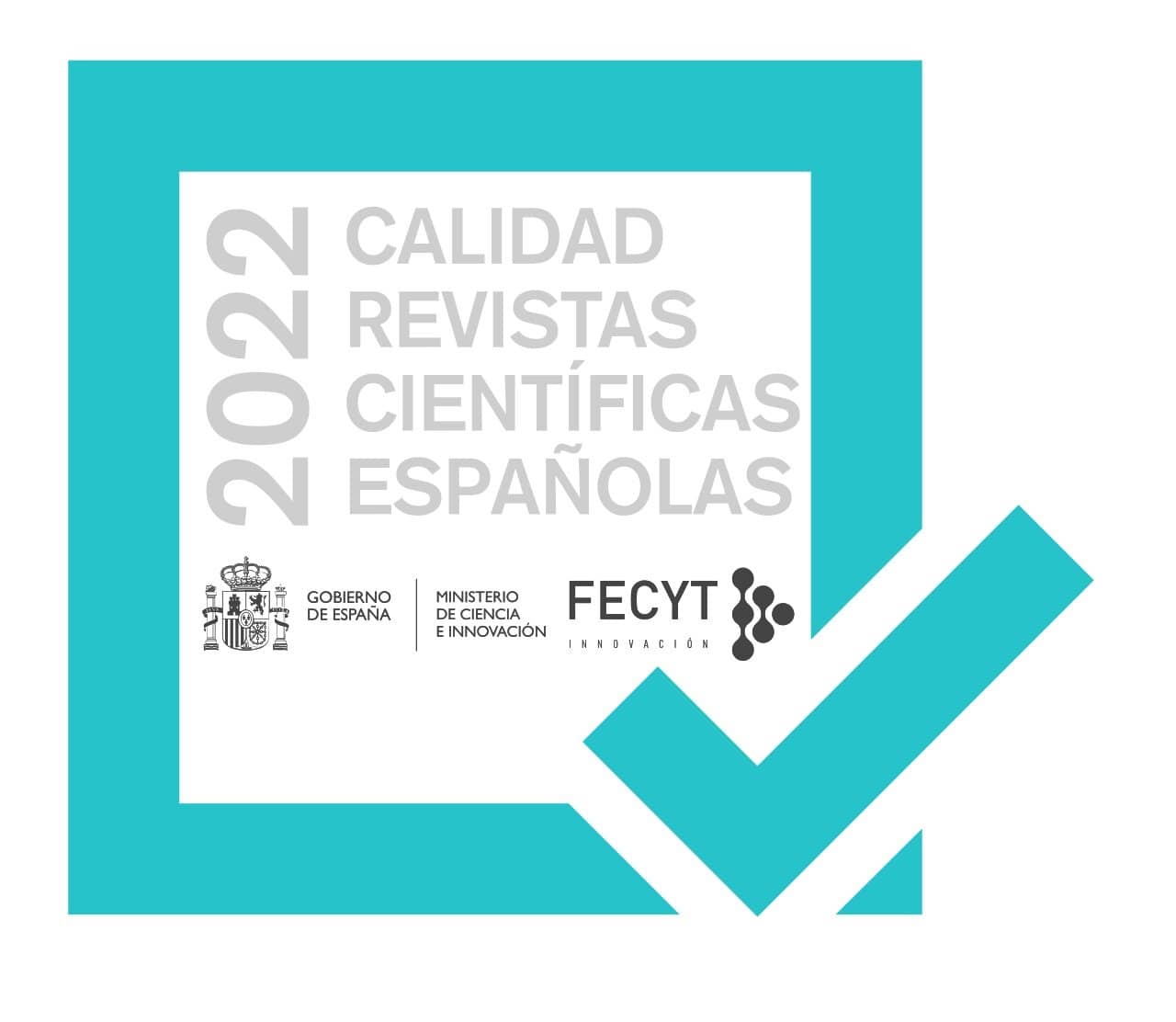“The Distribution of the Lexical Component in ELT Coursebooks and its Suitability for Vocabulary Acquisition from a Cognitive Perspective. A Case Study
Abstract
The psycholinguistic and neurolinguistic perspective of language acquisition requires some essential conditions in vocabulary acquisition: a) repetitive practice, which allows for data to reach long-term memory, and thus become proceduralised and automatised; b) how relevant the lexical items are regarding the communicative needs of the learners insofar as communicative relevance is linked to frequency in general linguistic usage; c) the potential in vocabulary acquisition, which will necessarily relate to the amount of new lexical items introduced in each one of the units in textbook; d) the way words are taught, i.e. whether aimed at explicit or incidental learning. In order to analyse and evaluate these issues, we will study the lexical items presented in a specific textbook from the point of view of frequency, distribution along the manual, opportunities for rehearsal and repetition (which will depend on frequency), and the nature of the activities centred on vocabulary. The results of this case study will allow us to check whether or not they may stand a comparison against the findings of psycholinguistic and neurolinguistic research on vocabulary acquisition.Downloads
The works published in this journal are subject to the following terms:
1. The Publications Services at the University of Murcia (the publisher) retains the property rights (copyright) of published works, and encourages and enables the reuse of the same under the license specified in item 2.
2. The works are published in the electronic edition of the magazine under a Creative Commons Attribution Non-commercial Share Alike 4.0.
3.Conditions of self-archiving. Authors are encouraged to disseminate pre-print (draft papers prior to being assessed) and/or post-print versions (those reviewed and accepted for publication) of their papers before publication, because it encourages distribution earlier and thus leads to a possible increase in citations and circulation among the academic community.
RoMEO color: green








